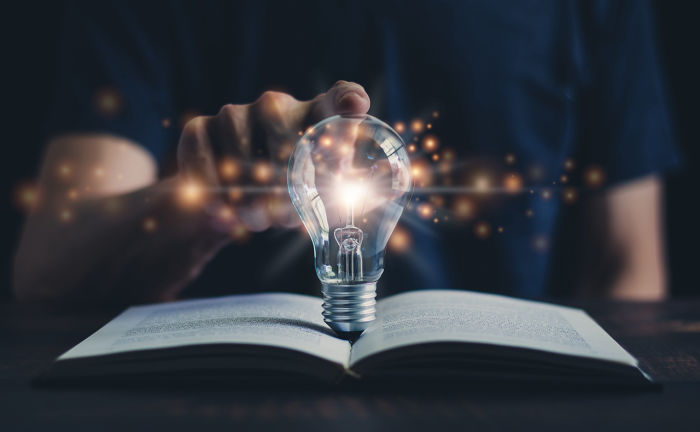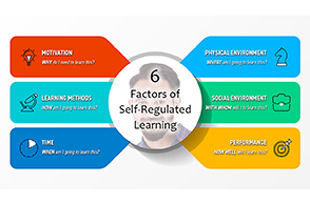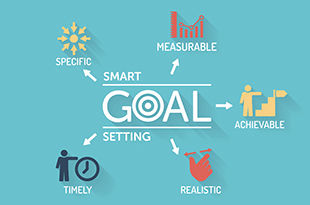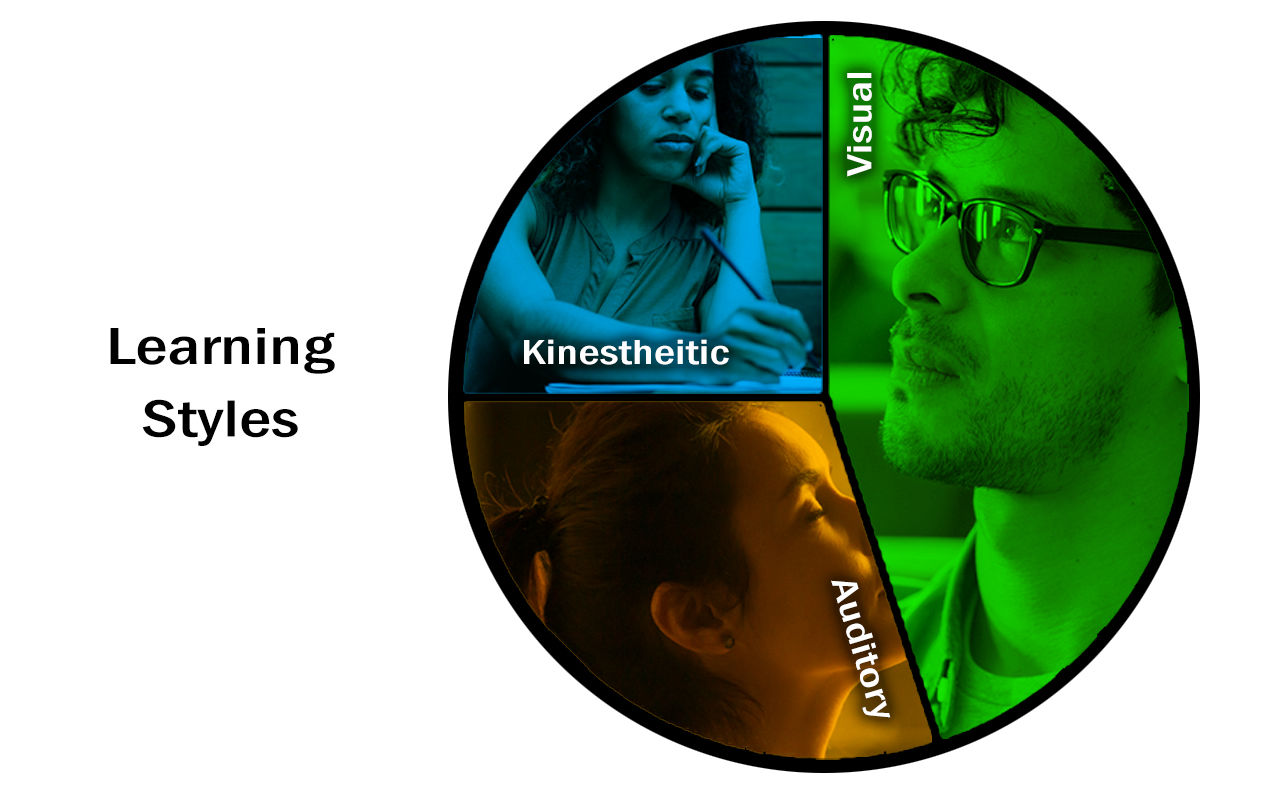Learning Skills

Self-Regulated Learning is the practice of monitoring one’s academic performance, evaluating the outcomes, and taking measures necessary to compensate for any identified weaknesses. These programs offer insight into your own learning skills and abilities and contribute to your improved success in any learning activity.
The programs are appropriate for all learners including students making the transition from high school to college, current college students, or anyone who desires to improve their overall learning skills.









